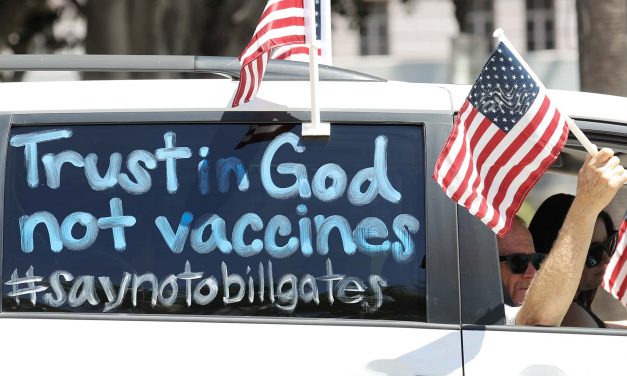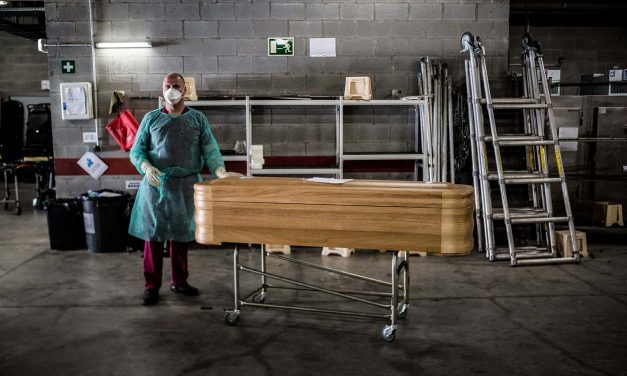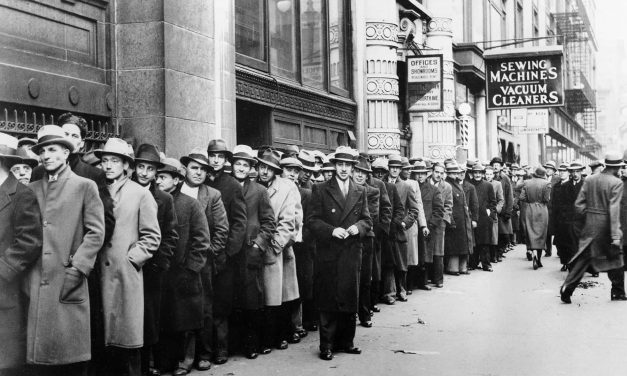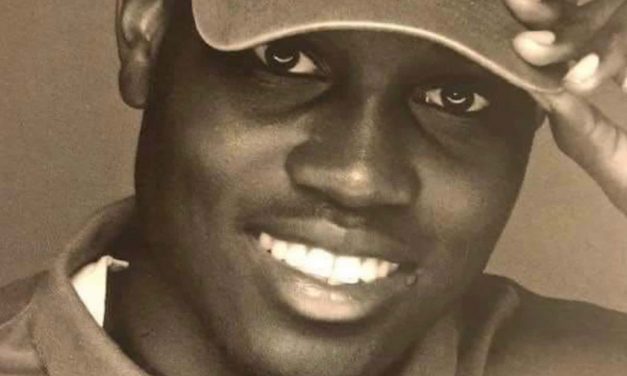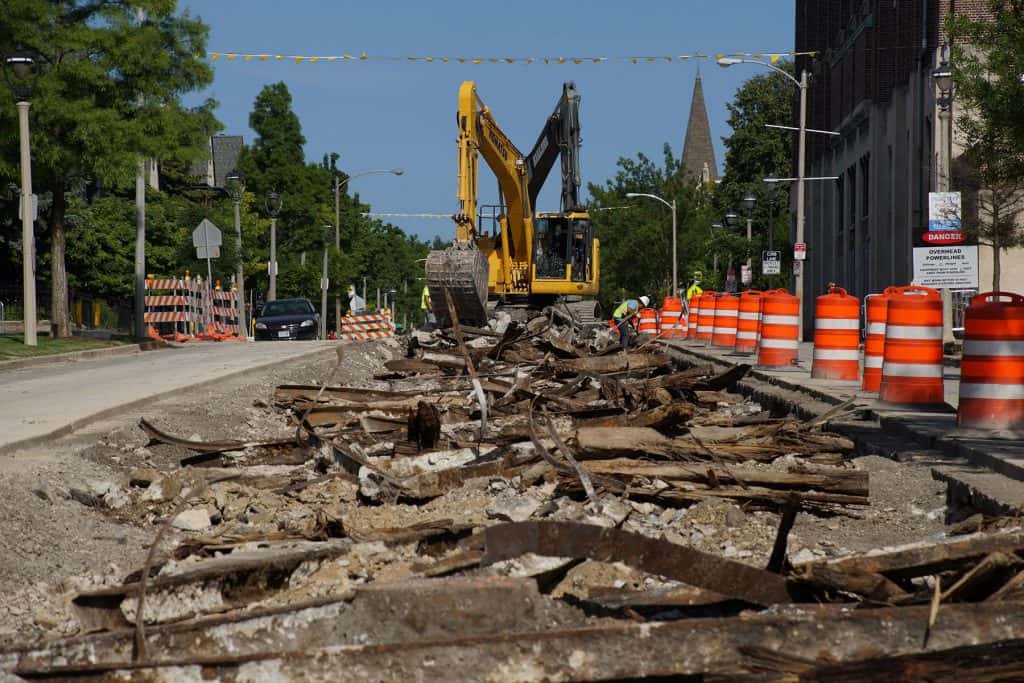Reshaping Personalities: How the coronavirus pandemic will be imprinted on the soul of our nation
By Vivian Zayas, Associate Professor of Psychology, Cornell University The effects of the coronavirus pandemic will be “imprinted on the personality of our nation for a very long time,” predicted Anthony Fauci, director of the National Institute of Allergy and Infectious Diseases. No doubt in the future people will mourn those who have died and remember the challenges of this period. But how would COVID-19 shape people’s personalities – and into what? I am a psychology researcher interested in how people’s minds shape, and are shaped by, their life circumstances. Human beings are born into this world ready to...
Read More

